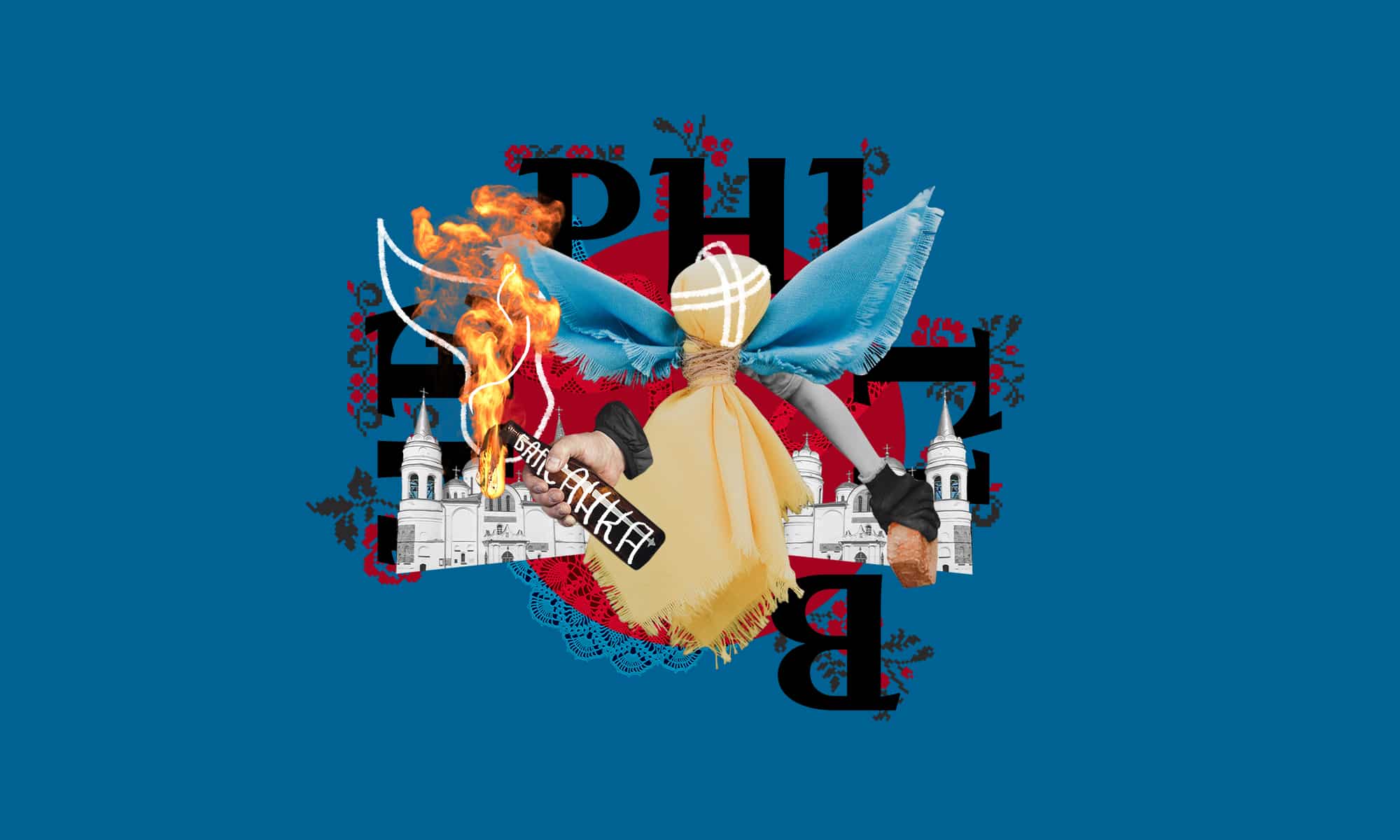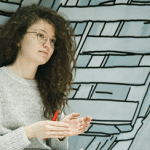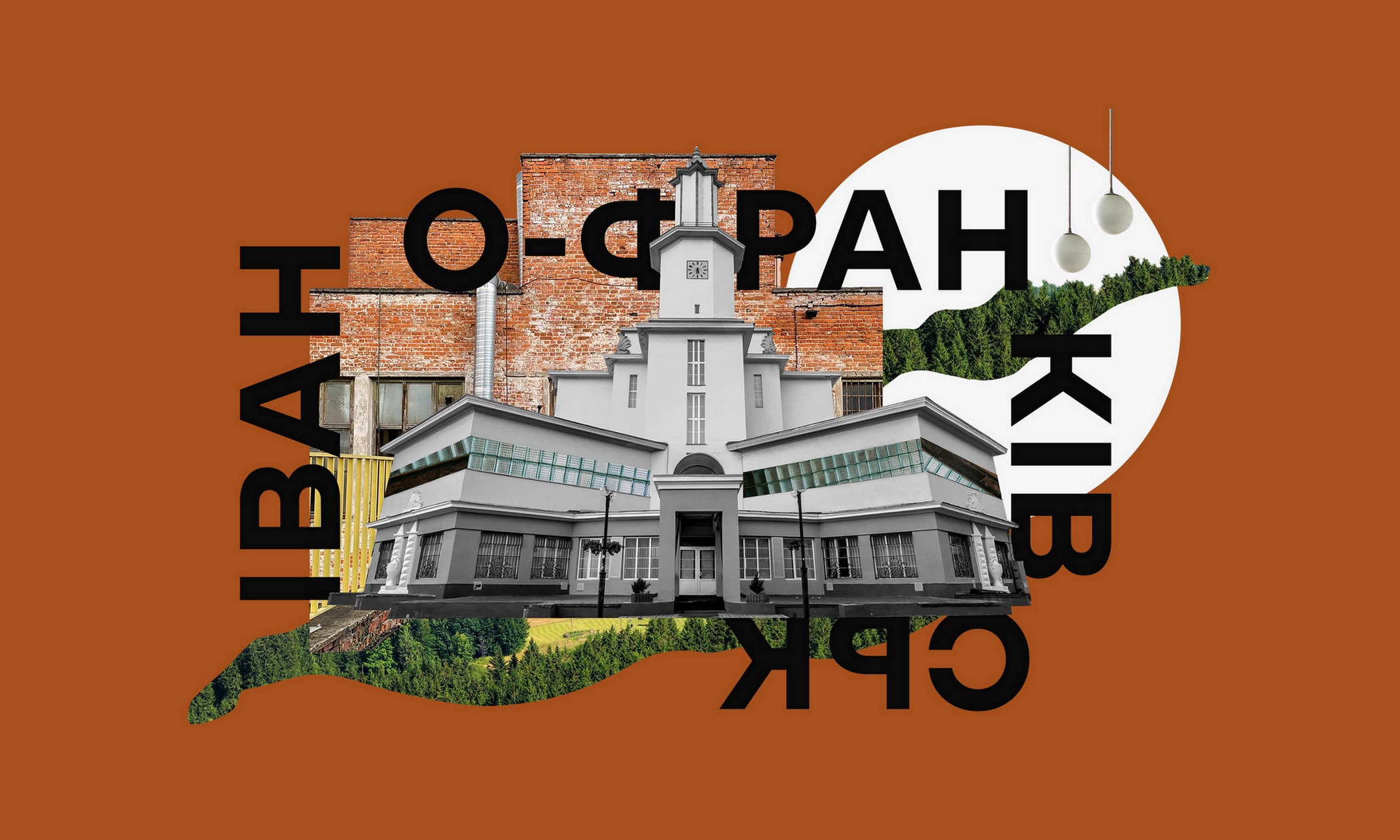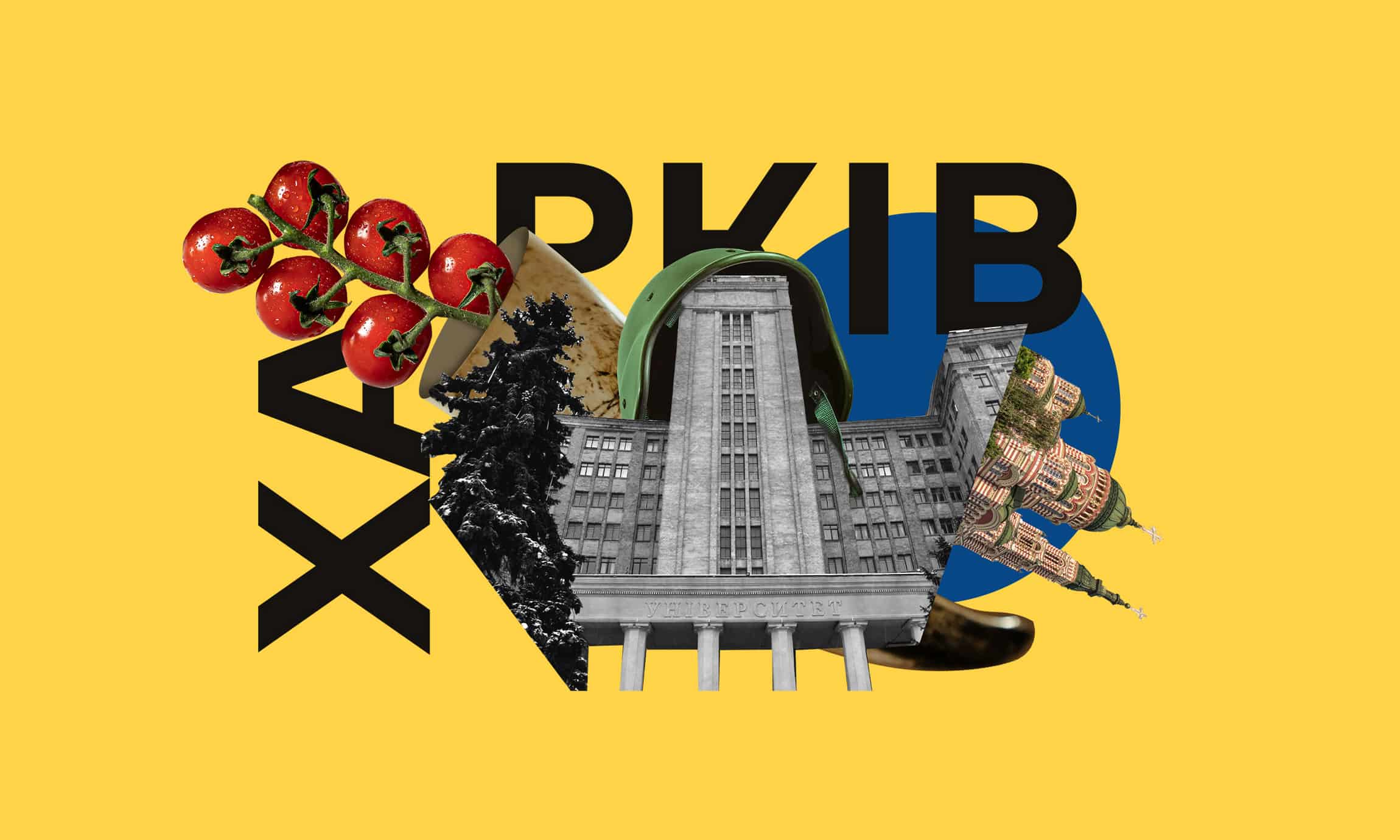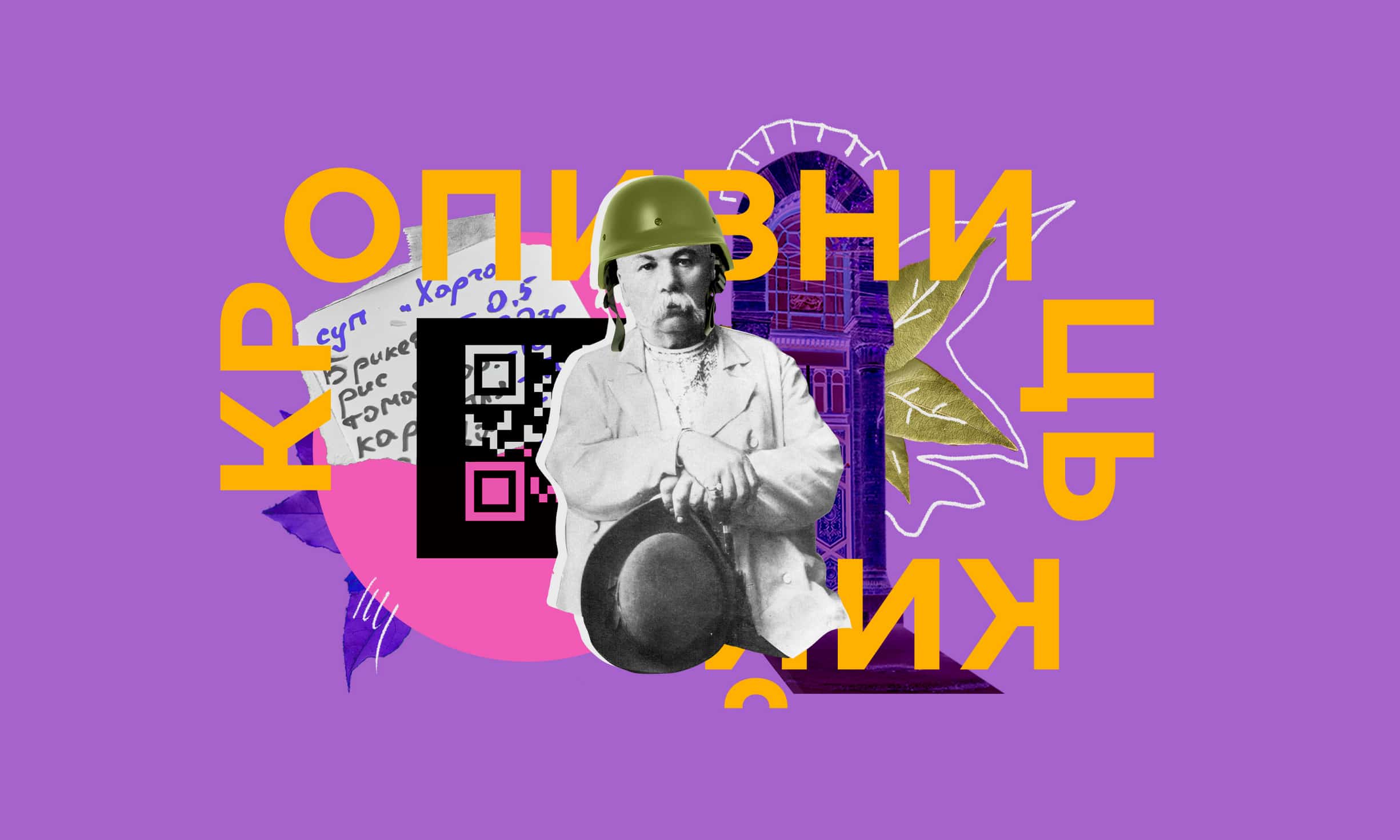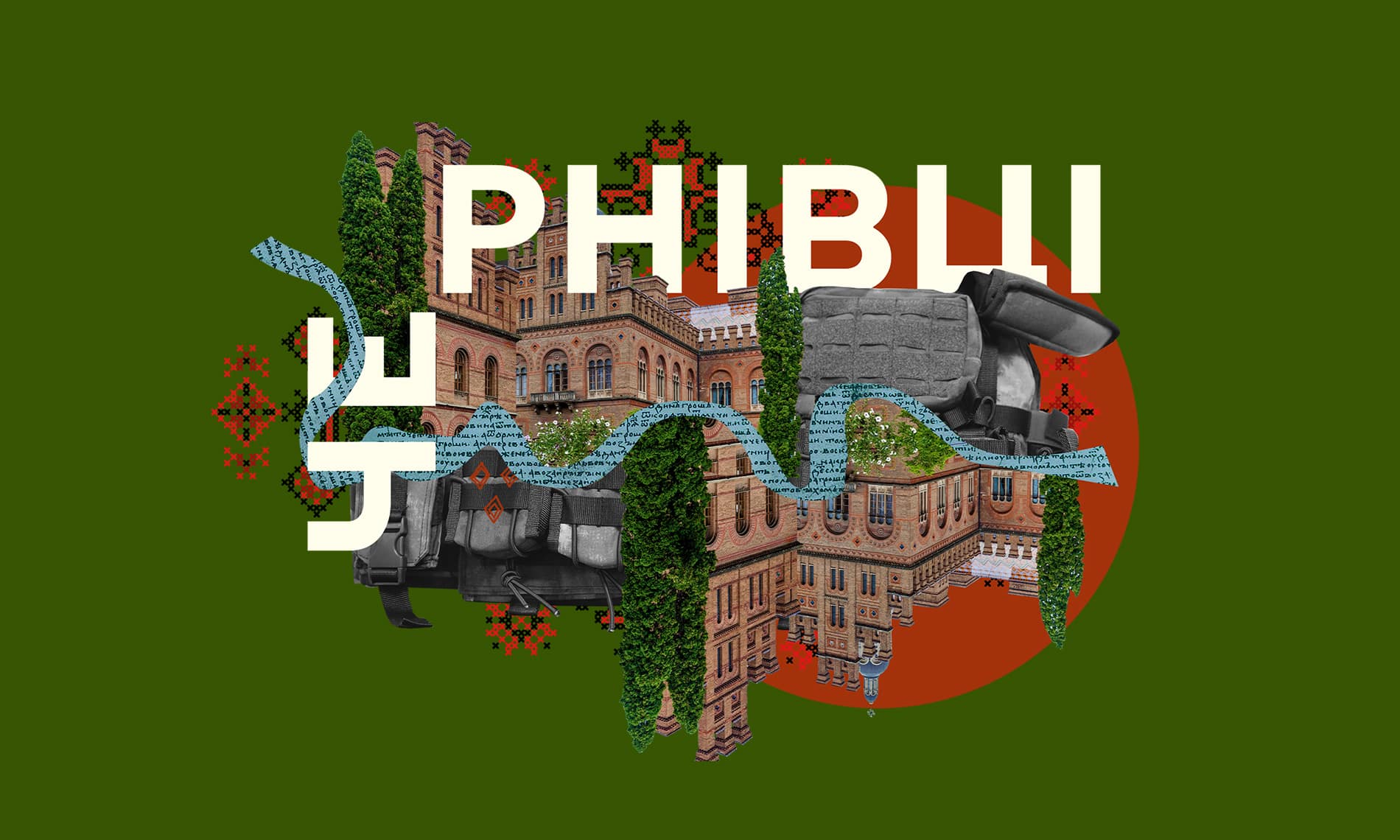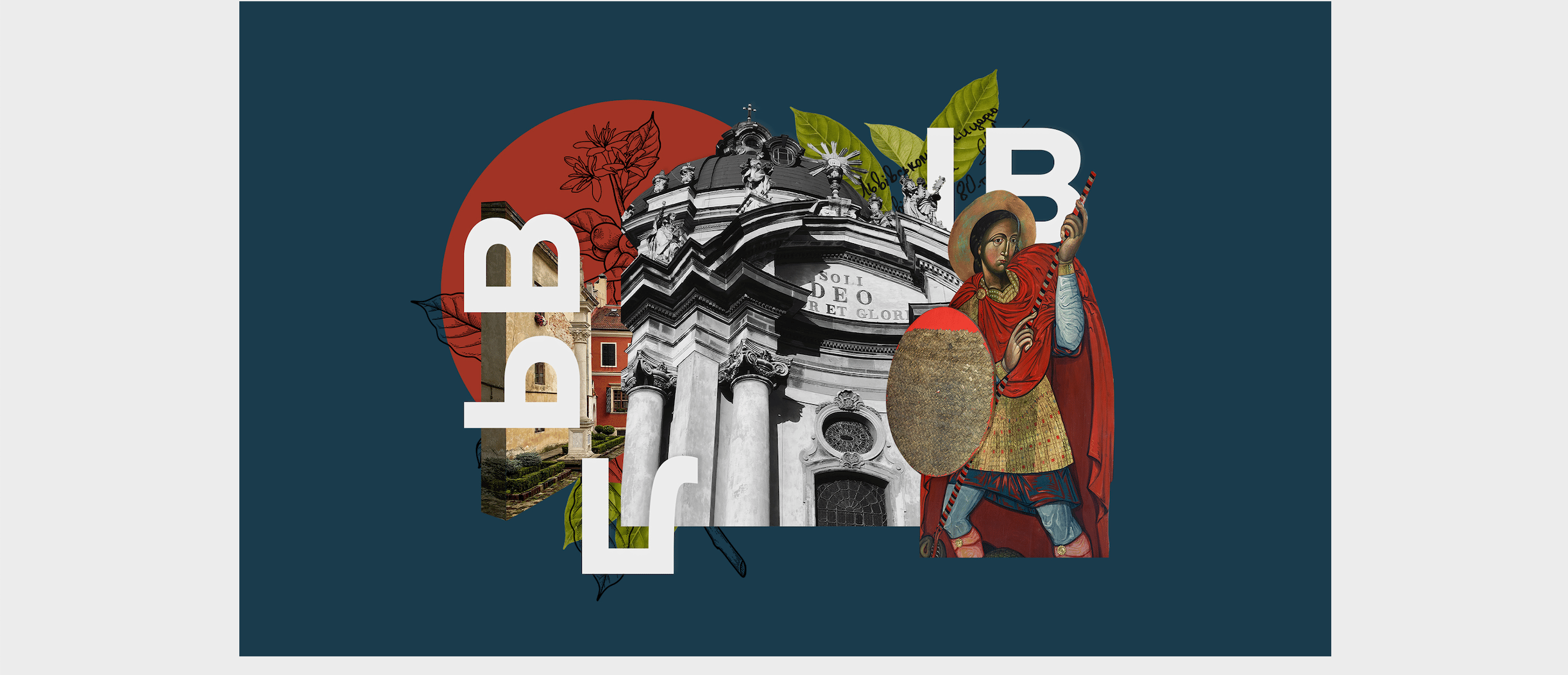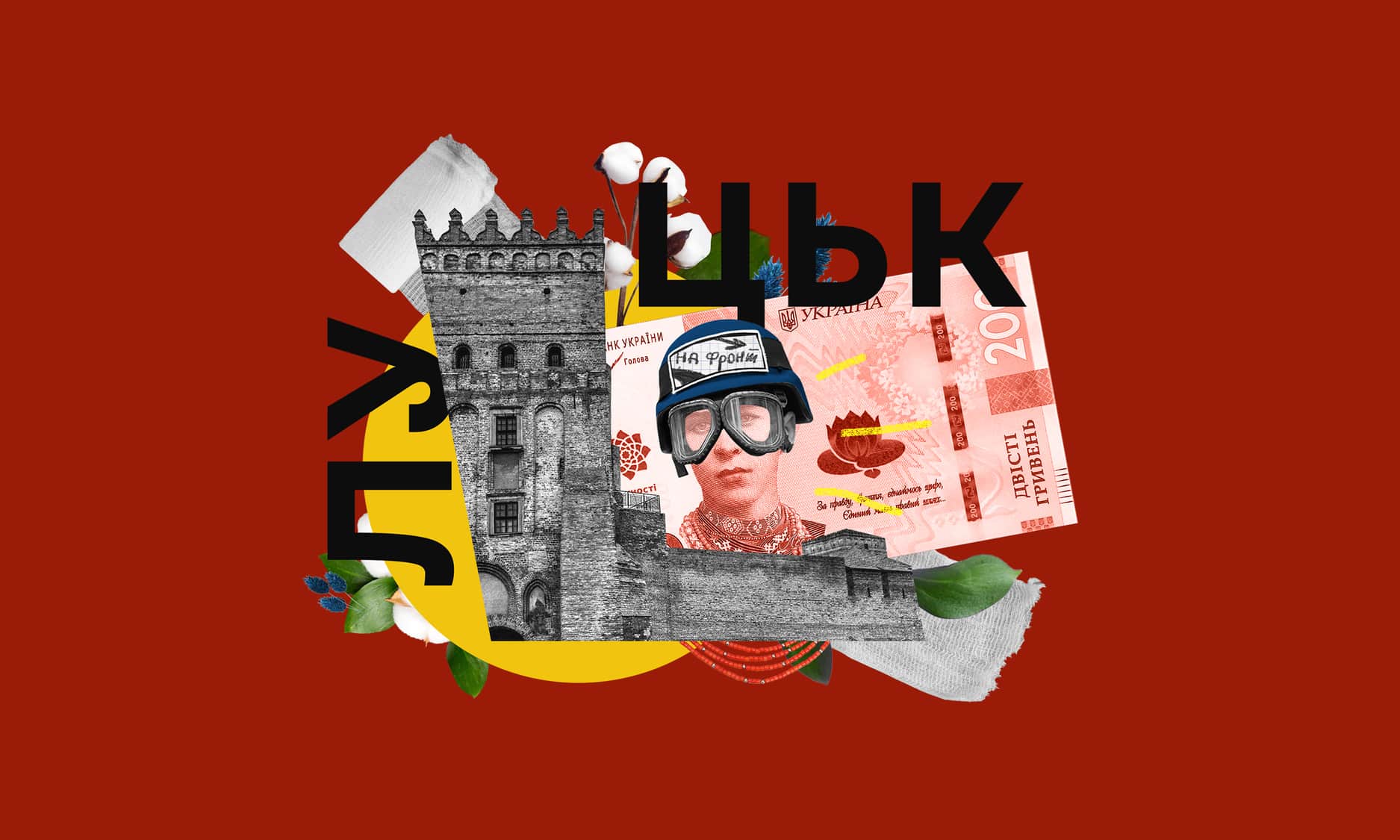Volunteer centers sprang up in the encircled city in the hottest days of hostilities and kept functioning after the siege had been lifted. Here are three stories of coordination volunteer work in Chernihiv and the eponymous region.
Balsanka: humanitarian and social aid
In her eighth year as a volunteer, a native of Chernihiv, Olha Palkova-Svirchevska, would like to take stock of her life and take care of herself. However, at the end of February from the window of her apartment she saw fighters from a local territorial defense unit digging trenches. She and her husband had a shovel at home.
Balsanka is a union of volunteers providing humanitarian and social aid for military units while also ensuring social payments for the residents of the Chernihiv region. People from different fields make up the core of the organization. For instance, Olha Palkova-Svirchevska has been helping to support country defenders since 2014. Anastasia Uliusheva used to work as a communication expert before the war. Tetiana Romanova was in charge of the development of territorial communities, while Oleksandr Vaylo was a regular entrepreneur.
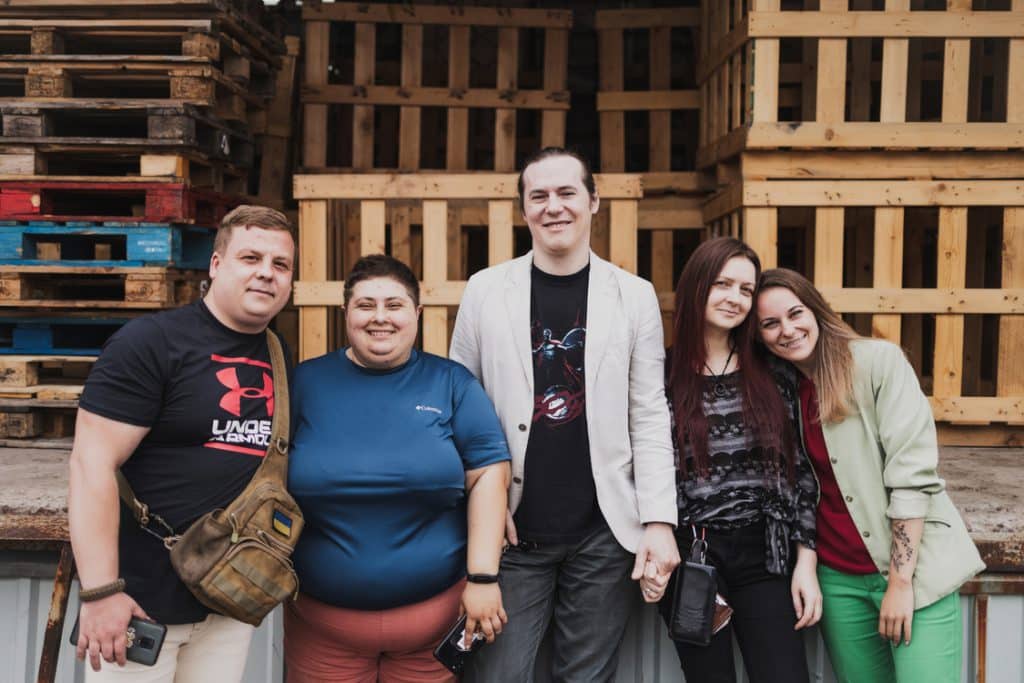
However, in the first days of the full-scale war Balsanka turned into a group of people willing to take action. They got together through acquaintances or via a chat ‚Hobbit looking for friends‘, which was launched by Olha on her birthday. Back then the team would tackle any issue.
‚I would sometimes call the secretary of the city council asking him about what the council needed. He said they needed blocks. So off we went searching for blocks, a van, a loader, drivers and fuel‘, Olha says.
Incoming requests would change every 30 minutes, from medications and tires to volunteers who would work in a morgue. Volunteers were badly needed following an airstrike on the city’s residential district on March 3. About 50 people were killed in a street on that afternoon alone. It was one of four airstrikes that hit the city on that day.
Our team worked remotely until the mobile connection was gone in Chernihiv. Having spent a few days to re-establish the connection, the volunteers gathered together.
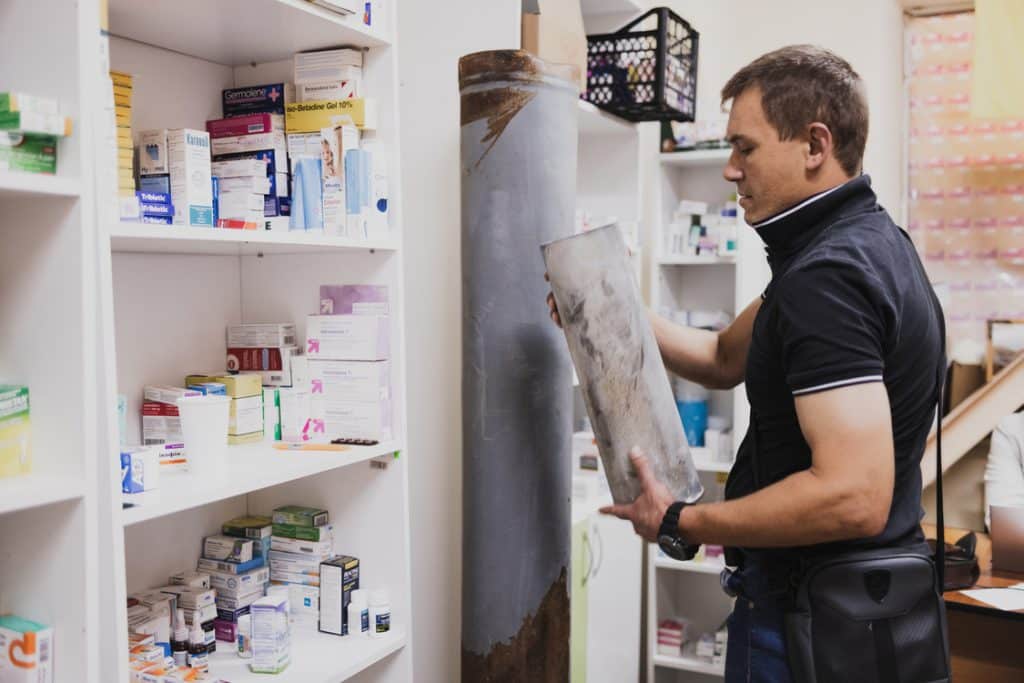
In March our team established the process of delivery of humanitarian cargoes to Chernihiv. Through acquaintances we would search for military equipment, food and diapers. The city was in need of everything as it was teetering on the brink of a total blockade. Our team took care of the cargo escort. Tetiana Romanova would be on the phone, receiving information about the route and passing it on to drivers so that the risk of their being subjected to shelling was as low as possible.
All that we got we sorted and distributed among relevant volunteer centers in Chernihiv.
‚It was our first specialty – center for sorting and logistics. Vans would come to us and we would reload their cargo into our own ones to take them to the city. We also sorted aid we were receiving since the packages were filled at random‘ , Anastasia Uliusheva says.
At some point, Anastasia says, she started receiving myriads of requests from city’s residents. While passing these requests on to relevant volunteer centers, her team pondered the question about how many civilians were there actually left in Chernihiv.
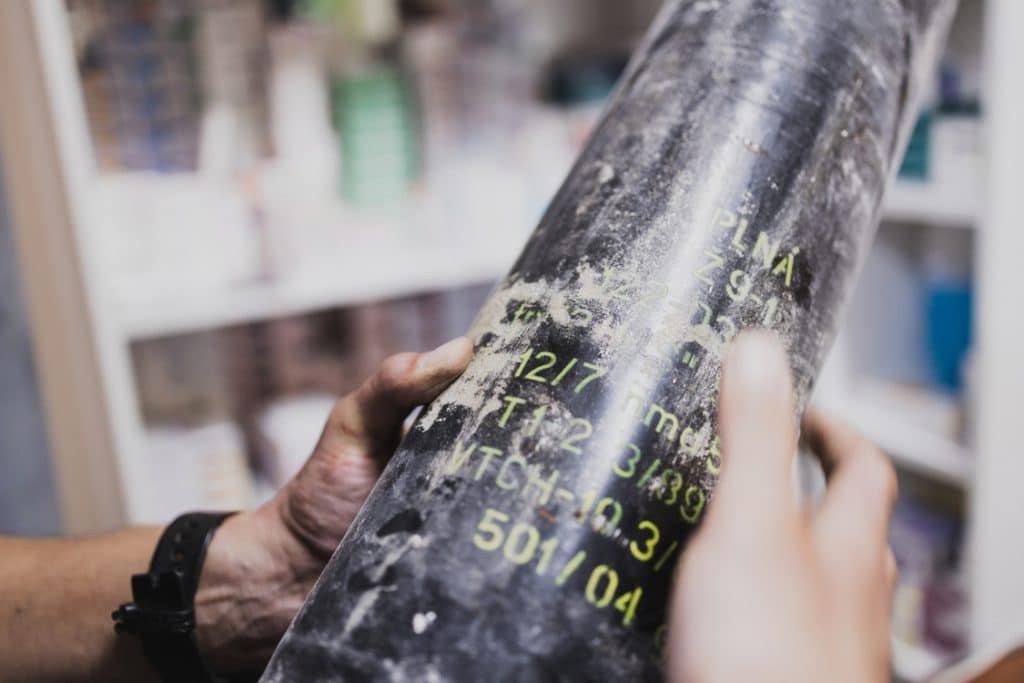
It was an important question, the answer to which would help us understand if the city had a sufficient amount of reserves to hold out. The local authorities were trying to estimate the number of those inhabitants of the city who had already fled from war. The estimates were rough, though.
‚We were faced with the task of literally counting the number of people living in their houses. We had to understand just how many children there were, people with low mobility and those, who could survive on their own’, Anastasia says. Her colleagues began searching for volunteers who would agree to drop by every house or roam every street.
First estimates gathered in the field were passed on to the authorities. At that time the head of the military-civil administration, Vyacheslav Chaus, used to meet with volunteers. A decision was made to expand the network of volunteer centers in order to cover each and every district of the city. Balsanka was responsible for two such districts.
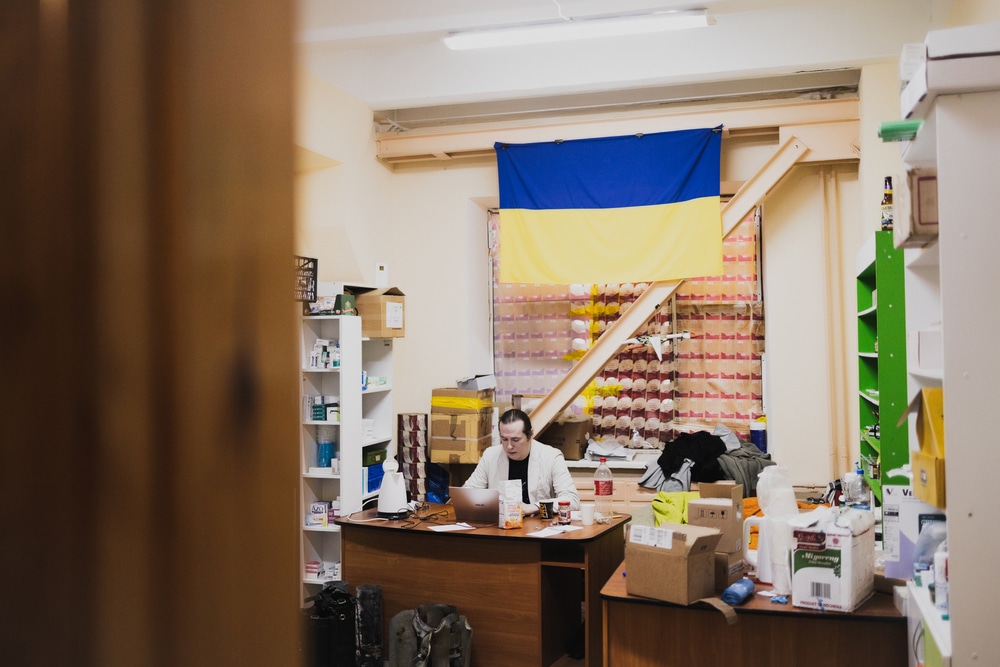
When on March 31 Russians began retreating from Chernihiv and the road connection to Kyiv and other cities was cleared, the team set about stocking up on things immediately. In the first weeks after the retreat everyone was anticipating a new onslaught.
‚Those were times of uncertainty. People would come out of their basements not knowing whether they should start doing something for fear of another round of shelling‘, Anastasia says.
The team took advantage of the temporary ‚ceasefire‘ to deliver as much humanitarian aid as possible and to set up a warehouse that would distribute reserves for people should the city once again find itself under shelling and no shops, infrastructure or communications available. In the first week 20 tons of food products and other things were delivered to the city.
A new offensive did not come to pass. The reserves helped people from two of the city’s districts hold on in the first month after the blockade had been lifted. In April food began to be delivered to Chernihiv, though many people had no more money.
By May the city had been once again embellished and recovered. Lots of the city’s residents managed to take care of themselves and of their loved ones. ‚For me the signal for change came when one of our volunteers returned to work,‘ Olha Palkova-Svirchevska says. ‘Our team had to either disband or transform itself’.
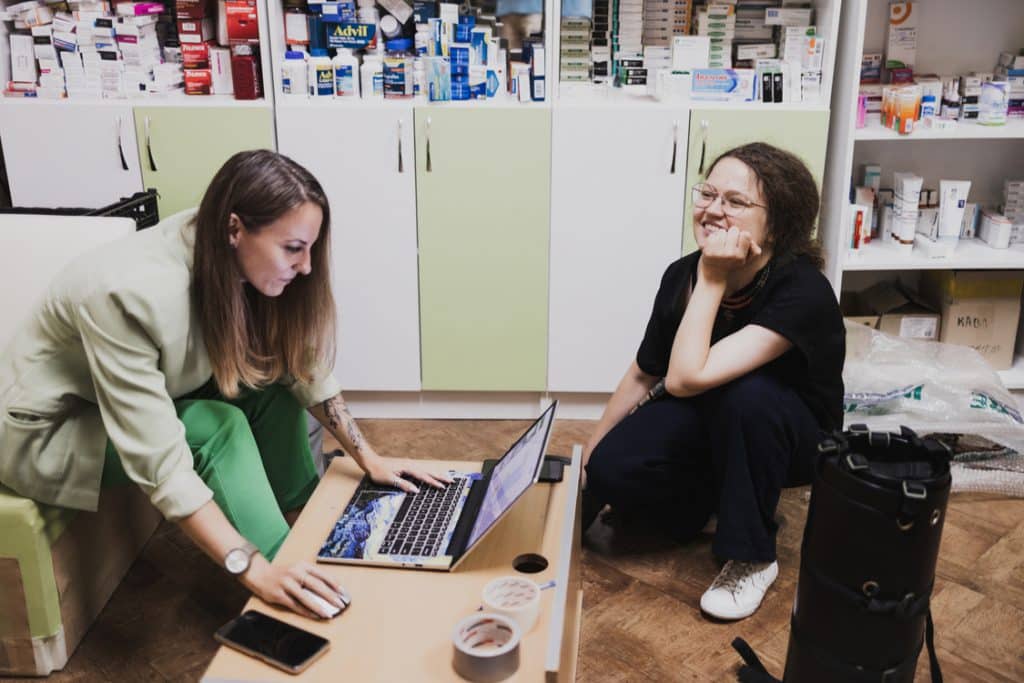
That is actually how the volunteer union Balsanka came into existence. ‚Why did the team not disband? Because the war is not over‘, Anastasia says. The union turned into a well organized community of volunteers pursuing long-term goals.
Its main field of work now is ammunition, cars, food products and other things to respond to requests of the military. ‚We help the military from Chernihiv wherever they are. It does not matter if they’re near the Russian border here close to Chernihiv or somewhere near Kherson’, Olha says. Another focus of the organization’s work is social payments and humanitarian aid for the affected. The team also takes care of providing them with social taxi service. Balsanka also cooperates with communities from abroad by raising funds for the needs of the city and its defenders.
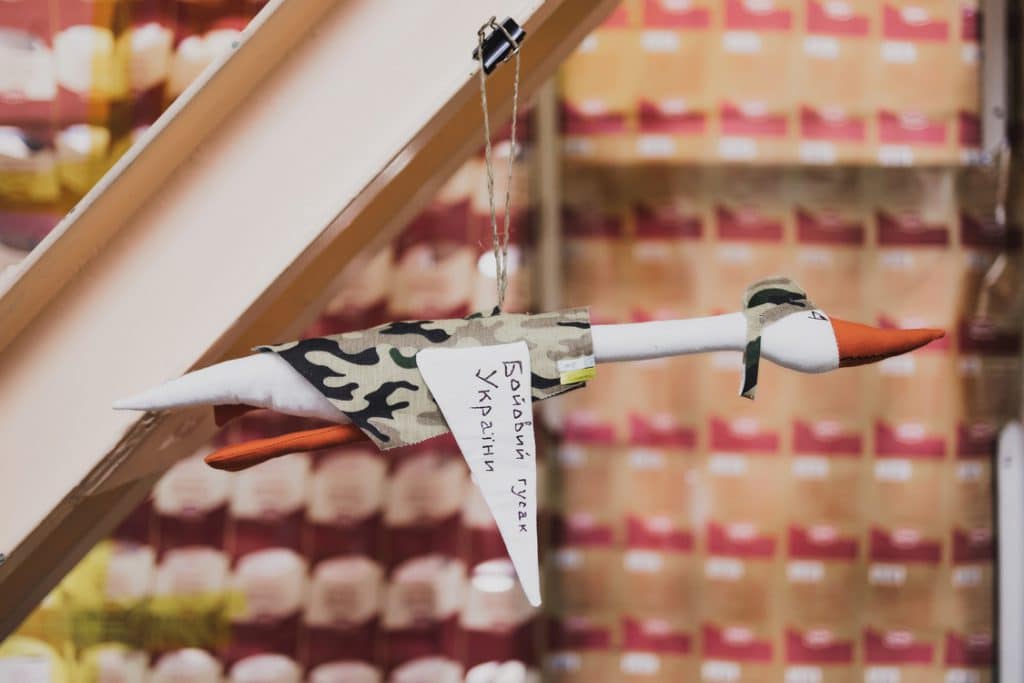
You may wonder what the word ‚Balsanka‘ means. This word is used by natives of Chernihiv to refer to ‚a bottle‘. This word is a kind of a shibboleth to distinguish between real inhabitants of Chernihiv and inhabitants of the region.
Because We Can: cleaning the city
The volunteer initiative for communal work Because We Can has been established to tackle the consequences of what Russians had done to the city of Chernihiv after their retreat. Some of the city’s districts, especially those located on the outskirts, turned into heaps of rubble and bricks.
‚Against a backdrop of wet and gray April it seemed that these ruins could not be cleared‘, Andriy Halyha says, one of the co-organizers of the initiative.
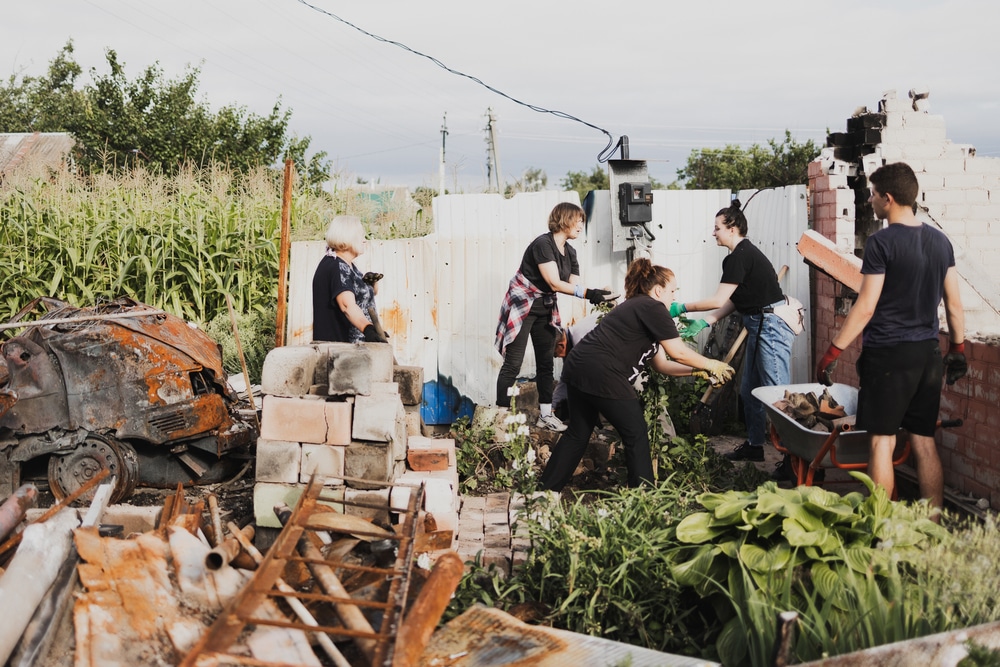
Andriy is an electrician who during hostilities carried on working while taking care of the critical infrastructure of the city. Right after its liberation he and his colleagues restored electricity in the city, since some of Chernihiv’s districts had been cut off from electricity in the very first days of the full-scale war.
Back then he was looking at the rubble thinking about what could be done. He then published a post on Facebook offering his services for those city’s residents who did not know how to help themselves. He volunteered to fix people’s taps, drive in nails, fix the lights, etc.
Once a woman living on the destroyed Nina Sahaydak street came to Andriy asking him to take a look at her devastated house. She just wanted to ask him if anything at all could have been done about it.
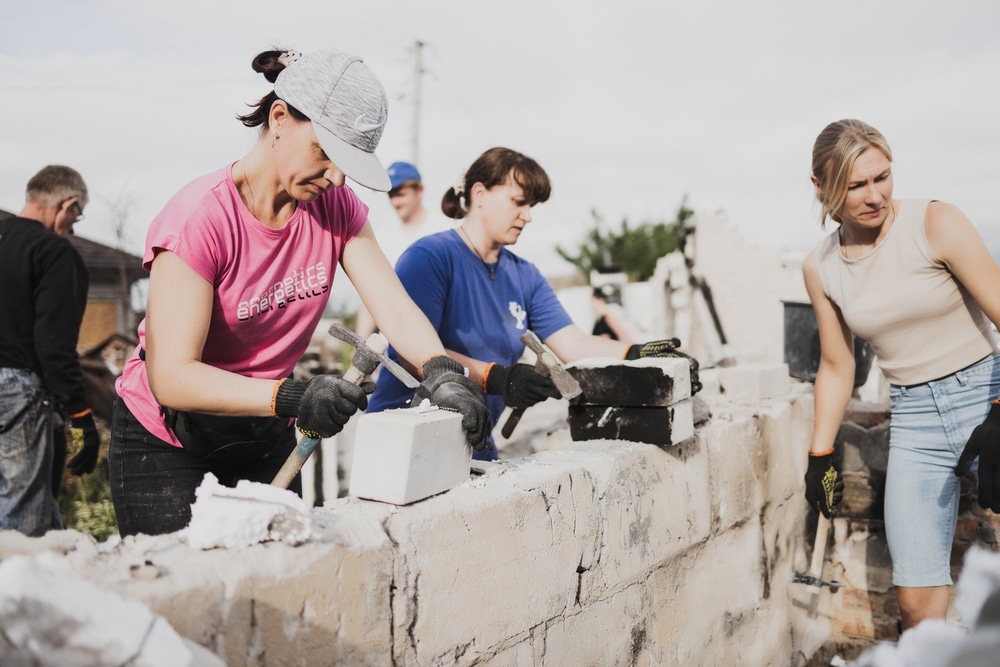
‚I came to her and saw that one person could barely have tackled the task. It was then that I came up with the idea of organizing communal work in the city. We would together try to clear the rubble so that a person who would want to restore the house would at least be able to start from something’, Andriy says.
That was how communal work in the destroyed city district began. First sessions drew a mere six people, but eventually their number grew to 40. On one of the common workdays in August the number of participants peaked at several hundred people. People were working simultaneously on eight houses.
The sessions begin on workdays after 6 pm or on the weekend lasting the entire day. You can join others at any given time and work as long as you can. Different people come to help, from IT specialists to physicians.
‚Can you see that white car approaching us? The driver is a very famous doctor in Chernihiv. She has come to help clear the bricks’, Andriy says, standing next to the gates leading to the yard of a destroyed house.
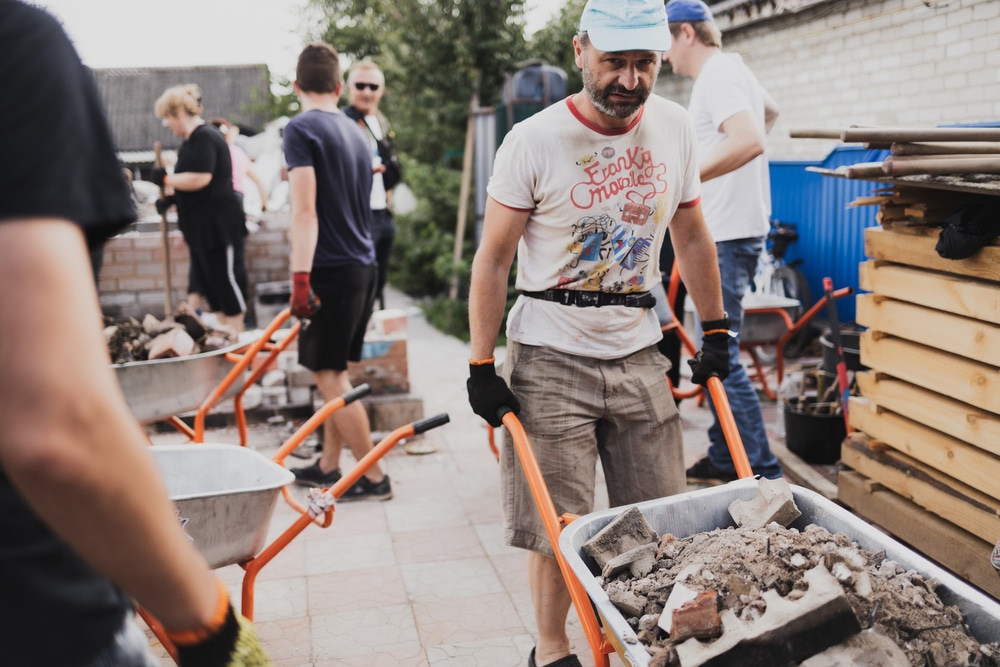
The first thing that volunteers set about doing is clearing the rubble. They’re trying to separate rubble from suitable material. ‚We have managed to extract 3000 red breaks from under the rubble of this house. Today one such break costs about 0,2 USD. We have saved 600 USD for this family’.
At first volunteers did everything that required skills of construction workers: laying walls, erecting makeshift houses and roofing them. ‚Without professional training a house can be roofed by volunteers within one evening‘, Andriy explains.
Because We Can has worked on 30 houses already. Now its volunteers are beginning to perform more skilled work thanks to new sponsors providing materials and tools. Also, materials are being purchased thanks to people’s donations.
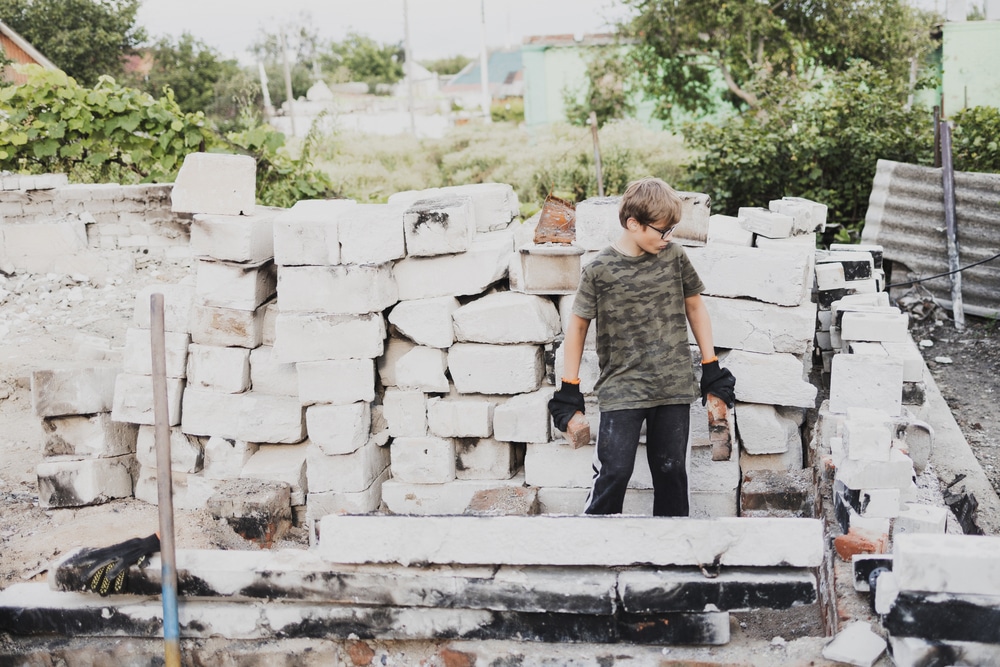
‚Once a guy joined our sessions of communal work. He kept working in silence till late. We were then told that his house had been demolished. However, he was ready to help others. Naturally, we were ready to help him. There were also two girls helping us. They organized similar communal work sessions on the street where they live. This inspires us to keep doing what we do’, Andriy says.
Chernihiv’s Iron Fist: repairing schools and helping the military
Chernihiv’s Iron Fist is a volunteer’s union of natives of Chernihiv who are scattered all over the world.
‚My sister is a native of Chernihiv who is now living in Belgium. There are many natives of our city living across the globe. Since the first day of the Russian invasion they have all wanted to help their native city‘, says Olha Chyzhova, a co-organizer and coordinator of the initiative working in Ukraine. ‚We began uniting to collect and deliver humanitarian aid from Europe all the way to Chernihiv where the situation was critical‘.
Most of the issues were solved on a common Telegram chat. New members were admitted to the chat after they managed to answer a short shibboleth question which was also a password ‚Where is Chernihiv’s ‚stometrivka‘ located?‘ (‚stometrivka‘ is the Ukrainian for ‚a 100-hundred-meter distance‘ and it is the code name of the city’s park – translator’s note). Although people barely knew one another, they were learning to trust others.
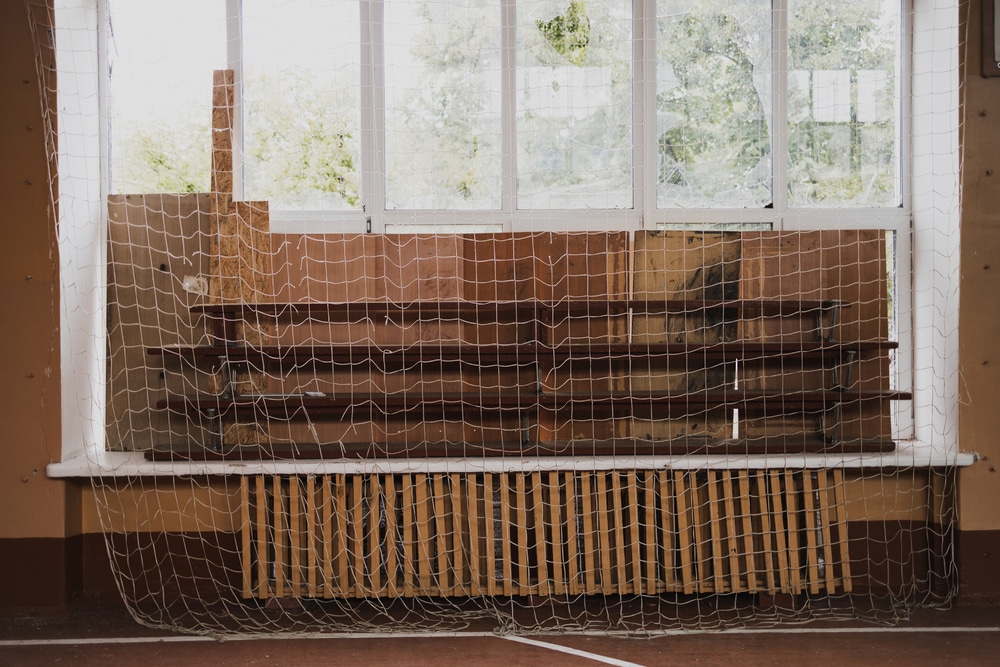
First things that were delivered to the city in March were food, medications and personal care products. This aid was delivered mostly from Europe. Backup generators, blankets and flashlights (in short, all necessary things) were also delivered.
The team managed to deliver three large backup generators needed to ensure electricity supply for the city’s hospital, since Chernihiv had been cut off from electricity in the middle of March.
However, it was when the generators were to have been delivered into the city that Russians blew up the last bridge that was serving as a link for those entering and exiting Chernihiv. To get out of the predicament, volunteers came up with an idea of passing the generators to the other bank on a rubber boat.
Powerful generators cost a lot of money. Olha Chyzhova and her sister, Olena, communicated with international organizations. They would actively engage these organizations in mustering support for Chernihiv. These were the UN, International Renaissance Foundation, German Marshall Fund, Embassies of Ukraine in Turkey, Hungary and Kazakhstan.
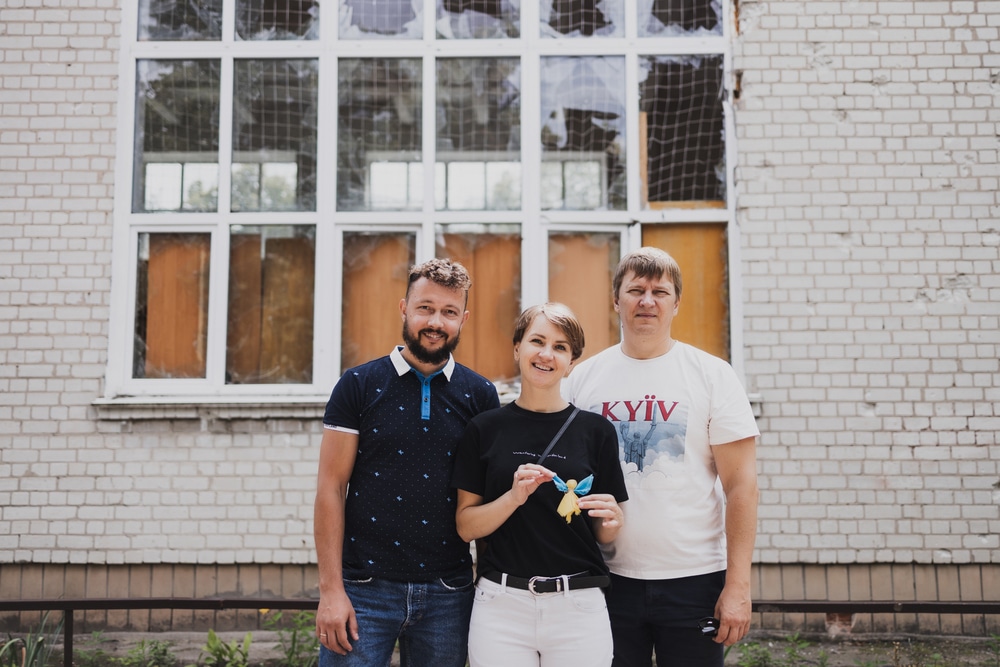
After the city had been liberated, the volunteers of the Iron Fist channeled their energy in different directions. They are currently working on helping the military and repairing the city’s schools. As a result of bombardments and shelling 27 out of 34 schools have been damaged. Some of the schools are beyond repair.
‚A friend of ours fled the city with her children abroad. There they began making angels from fabric for a school fair‘, Olha says. ‚We thought that other parents with their kids could also make such angels in their new schools to raise funds needed to repair other schools‘.
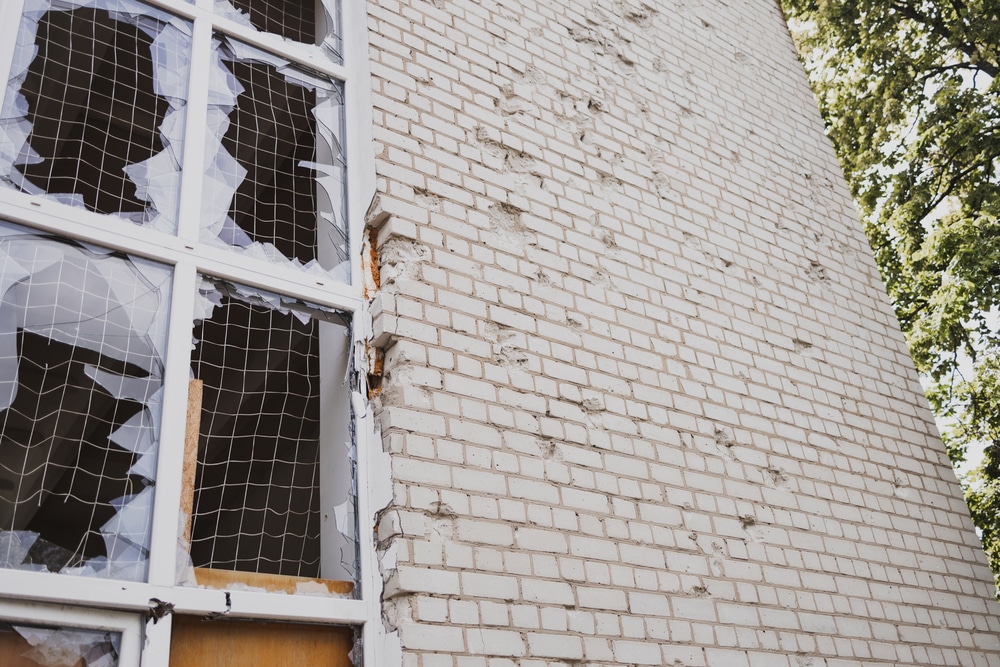
The project has been named Angels of Freedom. On its website those parents who live abroad can download the tutorial on how such toys can be made, posters about the fundraising campaign in five languages, as well as photos and videos of the damaged or ruined schools. As of today the angles are being made by Ukrainian children in California, Berlin, Reykjavik and tens of other cities the world over.
First of all, Angels of Freedom help replace the broken windows in four schools and in one school of the village of Kolychivka located near Chernihiv. During the hostilities close to Chernihiv, Kolychivka was shelled many times.
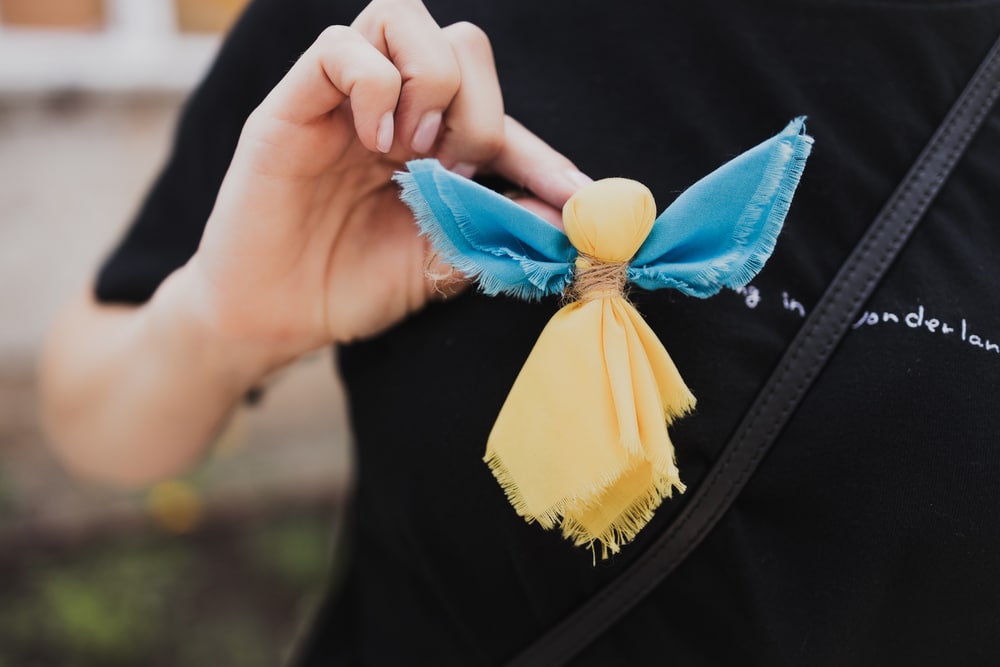
Apart from the funds raised by children, volunteers attract larger donations from donors. ‚Ukraine TrustChain has sponsored repair works in the school Nr 35. An abbey of the city of Grimbergen in Belgium made a donation to replace the windows in the school Nr 27‘, Olha says. In July the project raised 14 thousand USD. Since May 2022, a total of 18 thousand USD has been raised.
At the same time, Iron Fist keeps responding to all sorts of requests. Medications, blankets, food products for the community… All these types of humanitarian aid continue to be delivered to support the city and the region.
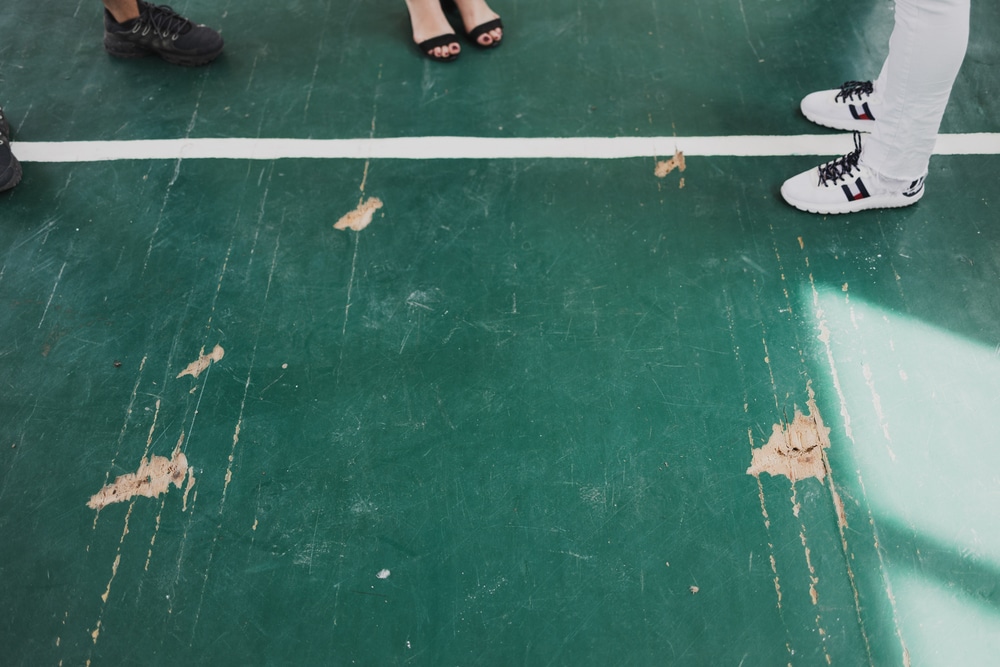
Chernihiv guide
Place to eat
PROJECT is a cafe in Chernihiv that was opened after the Russian retreat. Charitable concerts, jazz evenings and stand-up shows are held there. Entry fees are donated to the Armed Forces of Ukraine (the AFU for short).
Myr Avenue, 21-a
On the premises of La Pizza Espresso a charitable foundation Spark of Kindness is functioning. During hostilities in the region the pizzeria offered food to the military and workers of the objects of critical infrastructure. It also distributed food to those living in the districts affected by the war. The foundation also rebuilds demolished houses. Grabbing a bite here means supporting volunteers.
The Ivan Mazepa street, 37-b
Lukyanenko Avenue,
Coffee corner Chernihiv is a cafe in the center of the city which from time to time announces charitable campaigns. For example, all the proceedings from sold portions of coffee during a certain day may be transferred to the account of the AFU.
Myr Avenue, 31/87
Sofra. Crimean-Tatar cuisine. This place donates 2,5 USD from each sold portion of chebureki (a national dish of Crimean-Tatar cuisine – translator’s note) to the needs of the AFU.
Myr Avenue, 21
Places to visit
Green Shop is a shop selling souvenirs made by local craftspeople. It also offers works by a smith, Denys Romodan, who fell in battle while defending Chernihiv. Proceedings from his sold works are transferred to his family (Denys’s wife and daughter). Discounts are constantly offered to the military.
Myr Avenue, 13
The Tarnovsky History Museum in Chernihiv. The team of the museum have already begun collecting artifacts of this war for future exhibitions. For example, check this one out RUSSISM = FASCISM. Chernihiv 1941-2022. The exhibition is dedicated to the events of the Russia-Ukraine war in Chernihiv in February and March 2022 as well as to the defense of the city during the German-Soviet war of 1941. By buying museum tickets you also support its existence as well as the restoration of the city after the war. Opening times – Monday to Friday from 9 am to 4:30 pm.
Muzeyna street, 4
Strolls and stories: excursions through Chernihiv with Volodymyr Pylypenko. A local historian, Volodymyr, at times holds tours through the city, donating the proceedings to local volunteers.
The tour is worked out by the guide himself
Translation: Sergiy Svyatenko

